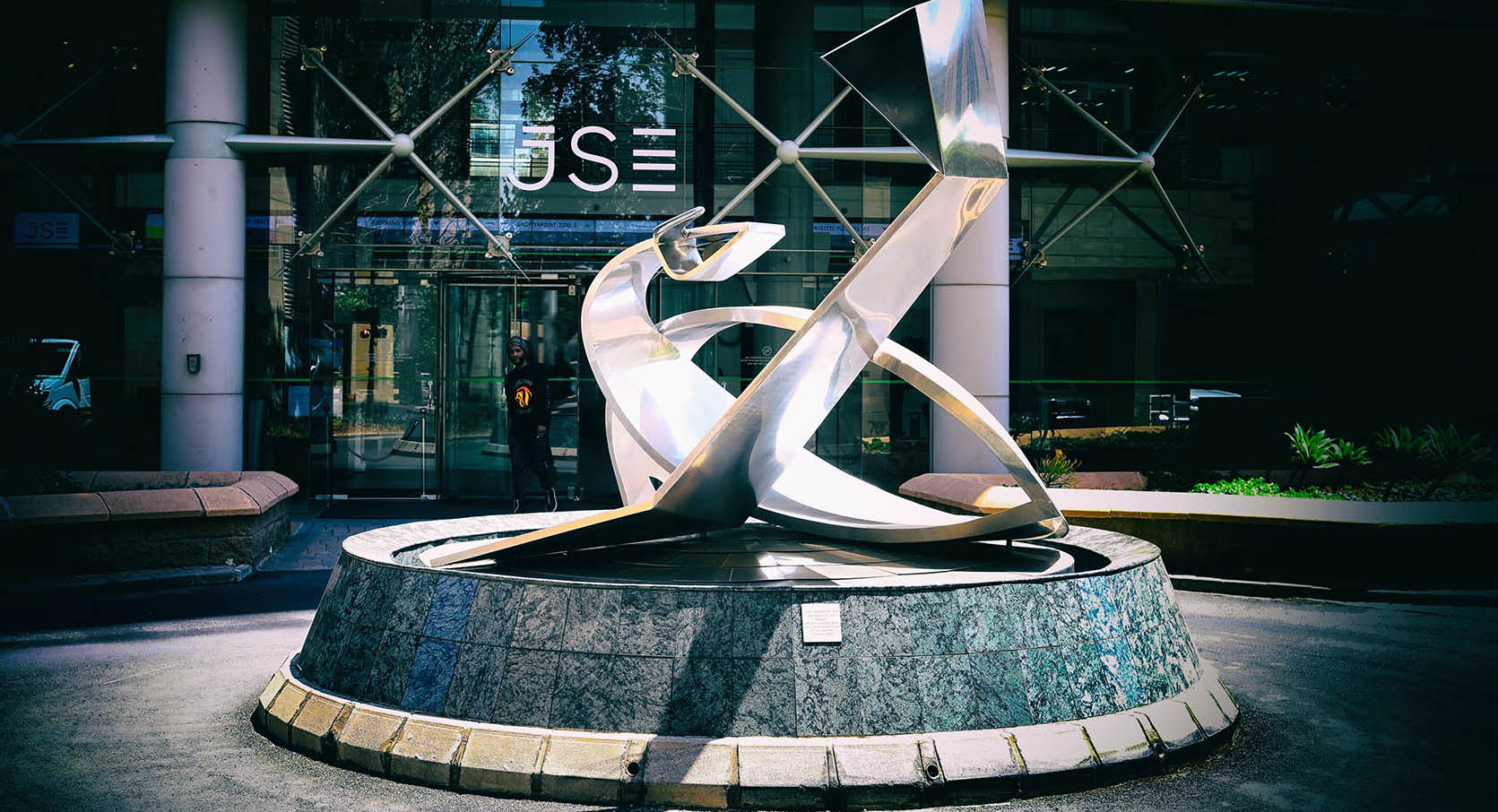When did you last see a movie or a series that involves both high finance and criminality?
There is obviously a reason so many filmmakers and authors focus on the idea. I think it’s because there is no violence and, at its core, it involves someone pitting their brains against another person’s brains.
We don’t often get this kind of claim in our context. One of the worst aspects of the State Capture period was that the crime was simply so banal.
There was no cleverness to it. The only person who was bought was Jacob Zuma, and it turned out the consciences of Brian Molefe and David Mahlobo had very little value.
Something a little cleverer might be playing out on the JSE. But we don’t know, because the JSE appears to be trying to stop the alleged victims from getting the information they need.
For the moment, there are two cases where it seems something fishy went on.
As the amaBhungane Centre for Investigative Journalism explains, the first involves a relatively small company called Inhlanhla Ventures.
It had an agreement with a broker that if a particular group of shares fell below a certain level, the broker could have the shares (they were essentially being used as collateral). The shares fell below that level, were claimed by the broker and then immediately jumped back up in value.
Suspicious
I don’t know about you, but I would be quite suspicious if that happened to me.
The firm has asked the JSE for the details of all of the trades that happened at the time, and the JSE has denied them that information.
Then, last week, Mantengu Mining went on The Money Show and explained that it had audio recordings of people planning to manipulate its share price.
As CEO Mike Miller puts it, the prices are driven down, and syndicates take control and strip the assets. In the process, he says, shareholders lose billions.
He even claims that, in fact, the syndicate targeting his firm is linked to the groups that were identified by KwaZulu-Natal Provincial Police Commissioner Nhlanhla Mkhwanazi.
I don’t know about your eyebrows, but mine hit the roof when I heard that.
You suddenly go from a world of strangely glamorous, almost foreign intrigue, to something banally familiar.
In this case, the JSE says it’s done its own investigation and found no evidence of share manipulation.
On Tuesday night, I asked the CEO of the JSE, Leila Fourie, what information a company is allowed to have about the trades in its shares.
Now, speaking as a journalist, it makes sense to me that a company must know at any time who owns it. After all, a company has to pay dividends; who would they pay those to if they didn’t know who owned them?
And it would seem to me that it would flow then that you should know who did own you and for how long. And, crucially, when they owned you.
But Fourie has a very different view.
‘Highly confidential’
In fact, she says that “trading information is highly confidential and we are bound by the Financial Markets Act, and so much of the information that might be required … might not be publicly disclosed”.
She also says that: “Trading positions and, of course, shareholdings are … made public at the end of the month. But trading positions during trading periods are highly confidential.”
She adds that it is not up to the JSE to investigate these claims, but rather the Financial Sector Conduct Authority.
So, in some ways, I kind of get it — and in some ways, I don’t.
I get that trading is trading — if you buy a share and everyone knows immediately it is you, just that alone will affect the price. Particularly if you have a particular reputation (whether as the world’s best trader, or the world’s worst).
What I don’t get is why the JSE would not release information about past trades. Especially when, as in the Inhlanhla case, the trades happened four years ago.
As amaBhungane relates, the JSE has said the trading information about Inhlanhla is confidential or private. In other words, it seems to be saying it has a duty to protect this information.
But why?
To put it another way, I’m not sure I understand what the cost would be to the JSE, or to anyone, if it released the information. Would it be sued by the people who made the trades? I don’t know if there could be a case, or what it would be.
I have no idea how this case will end. The JSE clearly feels strongly about its position, which suggests it will fight to the bitter end. But if it turns out that, in fact, Inhlanhla or Mantengu Mining are right, if there was criminality, it’s not going to look so great.
Parliamentary inquiry
And the information these companies are looking for could emerge through other means. If Miller has recordings of people planning share manipulation, and if they really are linked to Mkhwanazi’s claims, he might well go to the parliamentary inquiry and make it all public there.
The JSE might well look a little silly then.
But it could well go another way. The JSE might win all the legal arguments. But it will still need to convince me that trading information that is four years old should be kept secret.
In most of the financial crime movies, there is some kind of happy ending. The person who committed the crime, who you’ve been rooting for all along, ends up on a beach somewhere in a “non-extradition country”.
There will be no stirring theme tune over the credits here.
Instead, we will probably see just a lot of banal confusion about what really happened. DM




 The exterior of the JSE in Sandton, Johannesburg. (Photo: EPA-EFE / Kim Ludbrook)
The exterior of the JSE in Sandton, Johannesburg. (Photo: EPA-EFE / Kim Ludbrook)